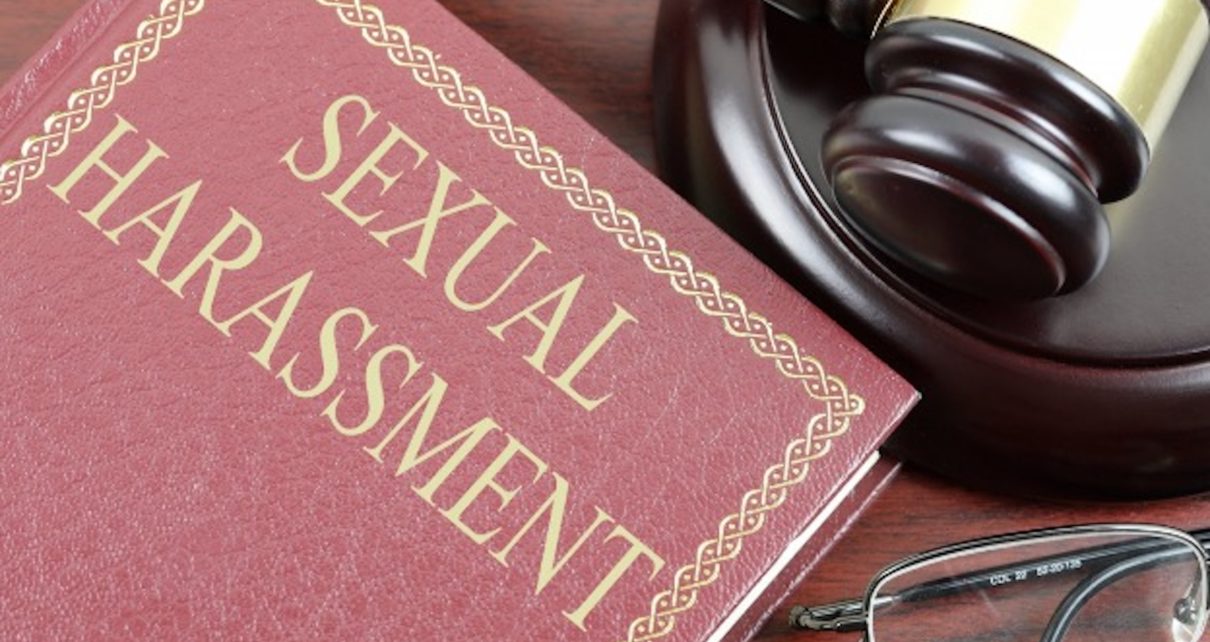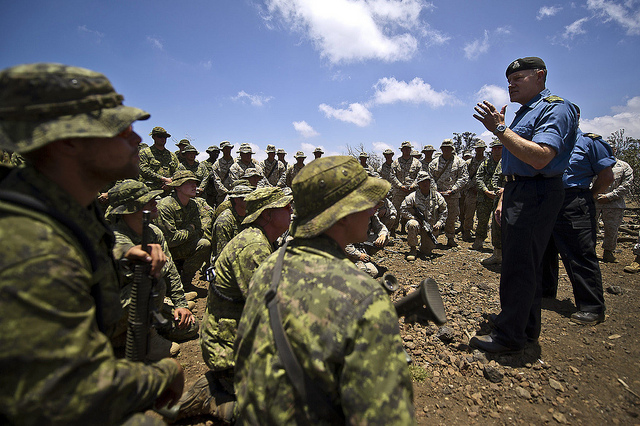In December, 2022, the Canadian Minister of National Defence, Anita Anand, presented a report to the Canadian parliament that related the progress of the Canadian Armed Forces’ (CAF) efforts at reform in the face of widespread reports of sexual assault in its ranks. The last three years have seen the resignation of many high-level Canadian defence officials, including former Chief of Defence Staff Jonathan Vance and his successor, Art McDonald. Anand’s presentation outlined the very long way that the CAF has to go in implementing change to its culture.
In 2019, the government settled a $900 million dollar class action lawsuit with the victims of sexual assault in the military, and most recently the court decided that those who still wished to do so had the opportunity to come forward and be part of the settlement until February of this year. According to a 2016 study, by that time, approximately 27.3% of women in the CAF had been the victims of sexual assault since joining the military. The magnitude of this settlement cannot be overstated and sends a clear message to the CAF about the need for systemic change. This is especially true considering the investigation was taken out of the hands of the military and into civilian court, drawing a lot of attention to the institution and the widespread issues of sexual misconduct therein.
The roadmap that Anand has laid out is based on a 2021 report by Chief Justice Arbour, who extensively investigated the allegations and crafted a green paper detailing twenty-four recommendations that she believed should be instituted in order to improve both the structure and the culture of the CAF.
For example, recommendations two and three focused on properly defining terms like sexual assault and relying on the Canadian Criminal Code, in addition to adopting the Canadian Labour Code definition of harassment. Similar to the aforementioned class-action suit that was removed from CAF jurisdiction, Justice Arbour’s fifth recommendation called for any offences in the Canadian Criminal Code to be removed from the military’s jurisdiction. The report went on to state that civilian police should handle the investigation when the offences take place in Canada. Finally, the sixth recommendation states that the CAF should bring in outside personnel to conduct quality assurance reviews to ensure that reports are being handled in a timely manner.
Throughout the report, Justice Arbour maintained that issues like a “deficit in trust” in the CAF pose a liability, and the widespread nature of the issue of sexual impropriety in the Canadian military may pose serious consequences for Canadian defence, as it could lead to NATO allies losing confidence in Canadian leadership, or frustrate recruitment of army personnel. Despite the importance of the report, there has been pushback against some of its recommendations; these have specifically centred on the transference of CAF sexual assault cases to civilian courts, mainly due to concerns about resources and funding. This is an understandable worry, given the already overburdened condition of the Canadian judicial system. There is clearly a long way to go in addressing institutional change, and the proposed reforms do not come without their own respective costs.
Cover Image: “Sexual harassment” by Nick Youngson – via pix4free. CC-BY SA 3.0.
Disclaimer: Any views or opinions expressed in articles are solely those of the authors and do not necessarily represent the views of the NATO Association of Canada.




